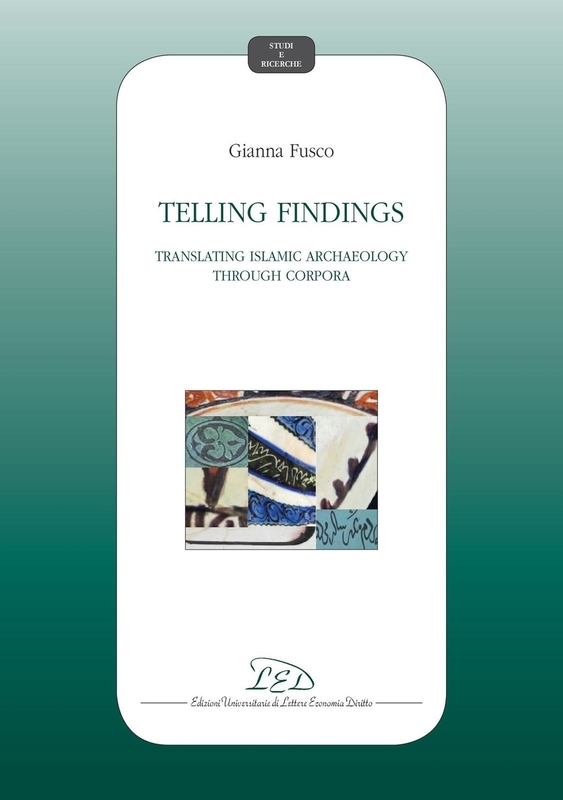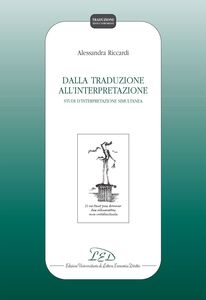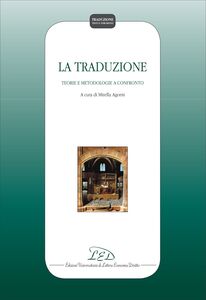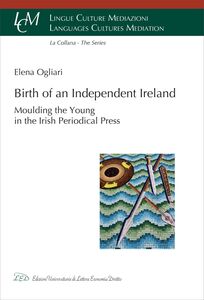

This study is located at the fruitful intersection of Corpus Linguistics and Translation Studies and brings the theoretical contribution of both fields to the investigation of a corpus of highly specialized texts in the field of Islamic Archaeology. The tools and methodologies elaborated by Corpus Linguistics are applied to the analysis of a complex bilingual corpus (ArIIEL: Archaeology of Islam – Italian- English Lexicon), comprising academic texts in Italian and English. The investigation of this corpus highlights some crucial aspects of translation praxes (such as the identification of multi-word units of meaning) and allows the emergence of significant asymmetries at the level of the specialized lexicon between the two languages. These insights are based on the analytic examination of the two sub-corpora constituting ArIIEL, namely, a parallel corpus of texts originally written in Italian and their translation into English (ParArIIEL) and a comparable corpus of academic texts in English from the same field (CompArIIEL). This data-driven approach has theoretical outcomes for the study of translation, but also yields results that can lead to very practical applications, such as the gradual building of bilingual tools for professional translators and scholars alike. As an example of this, a corpus-based monodirectional Italian-English glossary of Islamic Archaeology is presented at the end of this volume.
Detalles de eBook
-
Editor
-
Original text
true -
Idioma
English -
Idioma official
English -
Fecha de publicación
-
Contador de páginas
120 -
Colección
Sobre el autor
Gianna Fusco
Gianna Fusco is Assistant Professor of English as a Foreign Language at the Department of Literature, Linguistics and Comparative Studies of the University of Naples «L’Orientale ». She has published on Second Language Acquisition, the new media, and gender theory. Her research interests range from American Studies to Critical Discourse Analysis and Corpus-based Translation Studies. She is currently completing a book on American TV series in a transnational perspective.





